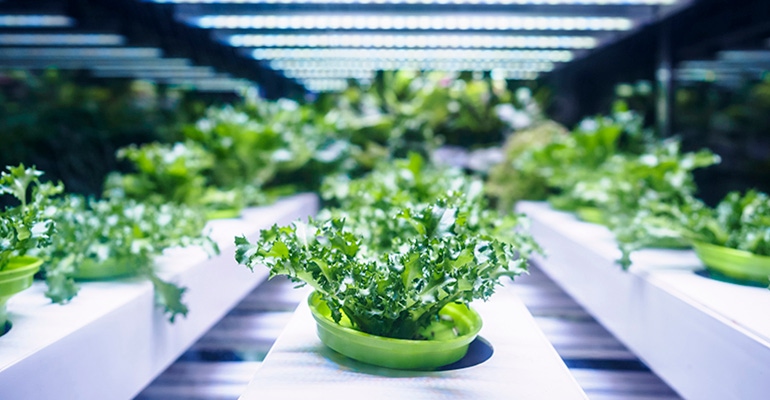Each day at 5 p.m. we collect the five top food and supplement headlines of the day, making it easy for you to catch up on today's most important natural products industry news.
November 4, 2019

How Washington keeps America sick and fat
In spite of the wealth of evidence linking prevalent health problems to poor nutrition, federal research in this area is largely underfunded. And consumers, as a result, are confused by the myriad food industry-funded studies that are more marketing fodder than anything else. However, nutrition science is notoriously complicated, as people vary widely in terms of what diet works best for them and blanket statements in this area don't go undisputed for long. Read more at Politico…
London's urban farms move underground
Abandoned World War II bomb shelters below London are being put to use as underground farms that run on 100% renewable energy. The move is part of an upheaval of the urban farming status quo, which has also created room for innovative newcomers that have perfected the technology needed to mimic the environment a given crop needs in order to thrive. Read more at Modern Farmer…
Controversial pesticides are suspected of starving fish
A family of pesticides known as neonicointoids are likely responsible for killing off insects and poisoning algae at Japan's Lake Shinji, which starves the resident fish as a result. The findings, published in the journal Science, have spurred scientists to play closer attention to the effects of these pesticides on insects and animals that don't live on land. Read more at NPR…
China perfected fake meat centuries before the Impossible Burger
China has been serving meat substitutes for centuries, starting way back in the 10th century with vegetarian Buddhist monks' tofu-based "vegetarian meat." In Beijing alone over 300 restaurants serve fake crab, pork, goost, duck and other imitation meats. While cognizant of the plant-based meat boom in the U.S., some Chinese chefs argue that their recipes are more sophisticated and encompass a wider variety of flavors and forms. Read more at CNN…
As wild-caught species vanish, are lab-grown fish the future?
While the fish apocalypse is well underway, massive investments in the cellular agriculture space could bring lab-grown fish to market sooner than anticipated. Researchers are working to perfect the taste and texture of these products in order to convert eco-conscious consumers, but murky federal regulations and food industry prejudices are hurdles these startups have yet to overcome. Read more at L.A. Mag…
You May Also Like


